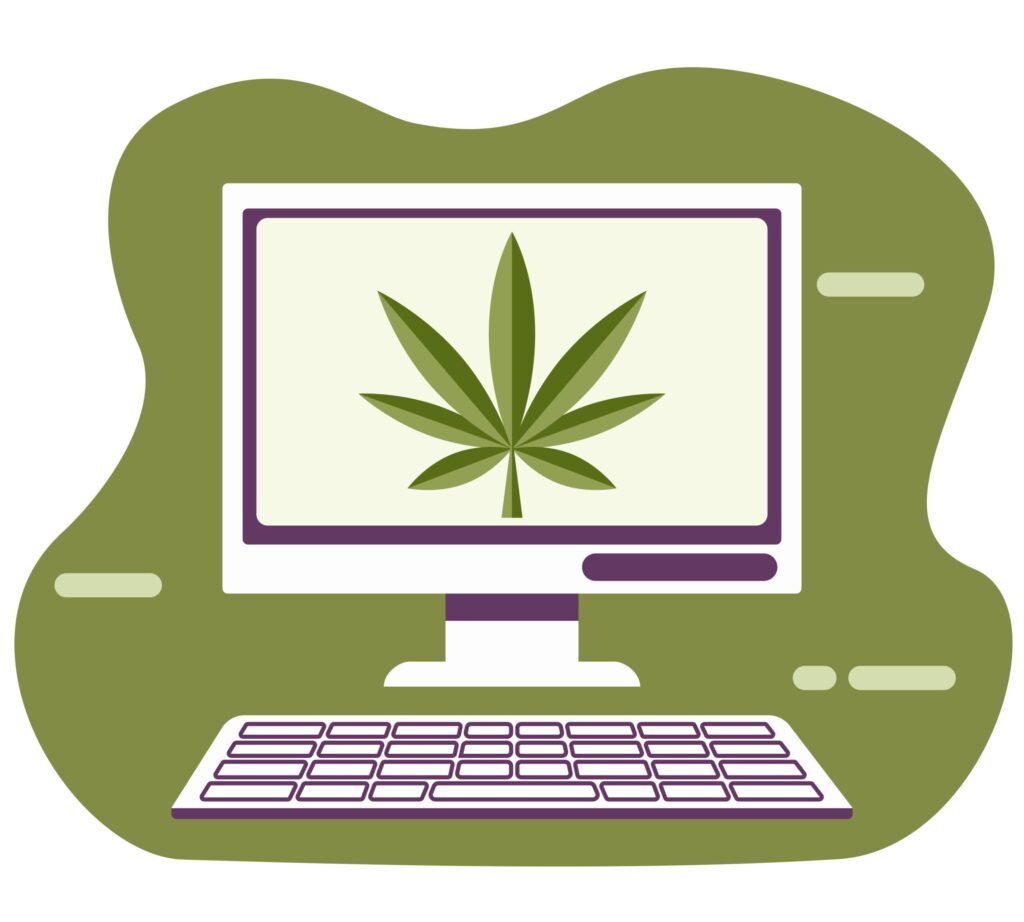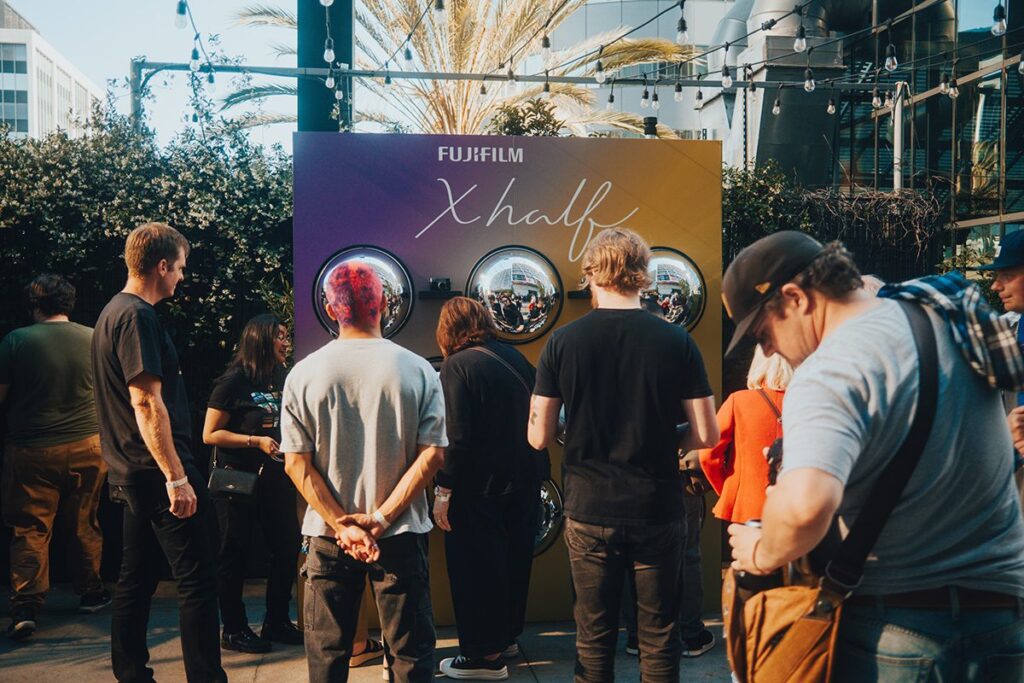A survey of marketing executives from almost 120 companies found that 35% of those who describe themselves as brand marketers report relying on clickthroughs as measures of the effectiveness of their interactive campaigns.
By contrast, the Forrester study, titled “Committing to Meaningful Metrics,” found that only about 13% of the brand marketers polled reported that they track brand awareness as a key performance indicator (KPI) for their online marketing efforts. That places it a distant second among the metrics brand marketers study in an online campaign.
About 12% reported that they look at the third most common metric, site engagement. Number of impressions came in fourth (9%) among the most common brand marketing measurements, ahead of reach, sales, registrations, purchase intent or buzz.
Clickthrough rates and Web impressions have long been questioned as reliable tools for measuring the impact of a Web marketing campaign, simply because they only loosely correlate to strategic aims such as increasing engagement with a brand.
On the direct marketing side only 10% of the DMers polled by Forrester said they use clicks as a KPI in their Web campaigns. About 33% said they rely on the number of qualified leads an effort generates, followed by 24% who look at the number of any leads and 22% who watch incremental sales from a campaign.
“Brand marketers gravitate toward metrics that measure quantity, not quality,” report author and Forrester senior analyst Emily Riley said in the report. “Clicks and impressions—metrics that are easy to track—measure little more than campaign volume.”
Brand marketers should measure engagement beyond Web activity by integrating qualitative research from surveys, focus groups and listening platforms, Riley suggests. She points to Gillette’s use of a “sentiment map” created with J.D. Power to monitor consumers’ brand attitudes in the course of a campaign.
Overall, the marketers polled for the Forrester survey gave themselves high marks in measuring direct response campaigns, with an average score of 6.3 out of 10 points. But asked to rate their skills at measuring branding impact from online campaigns in banner and display ads, the same group graded themselves only an average 5.3 out of 10.
And respondents consider themselves even more clueless in gauging the effectiveness of their social media campaigns. In that channel the group gave itself an average score of 4.5 out of 10.
“Since social media measurement is still young, and most social marketers have brand goals, we recommend that marketers start with brand-oriented KPIs for their social campaigns,” Riley wrote. This could mean using survey partners, or taking advantage of new measurement tools that are trying to link social media engagement metrics to purchase behavior.
 Network
Network

